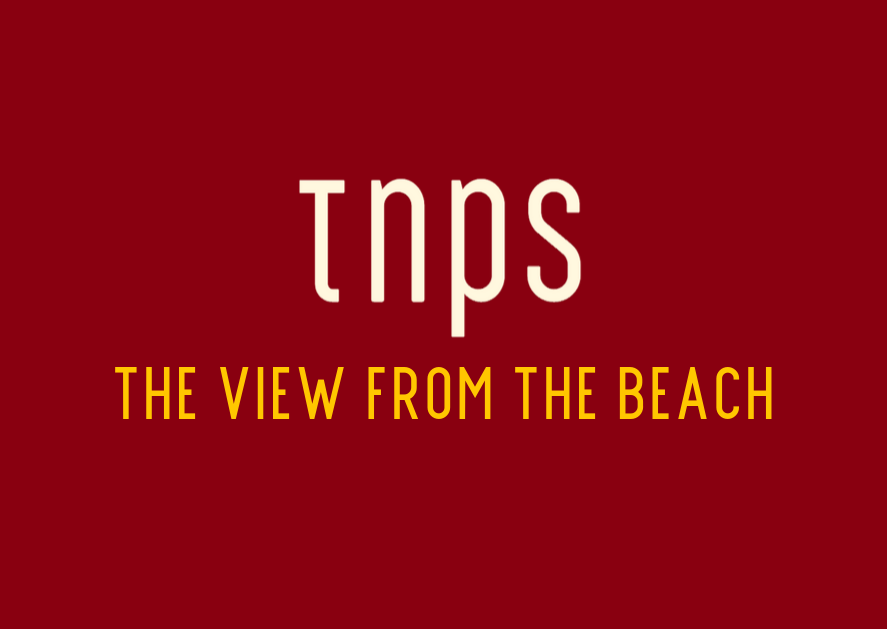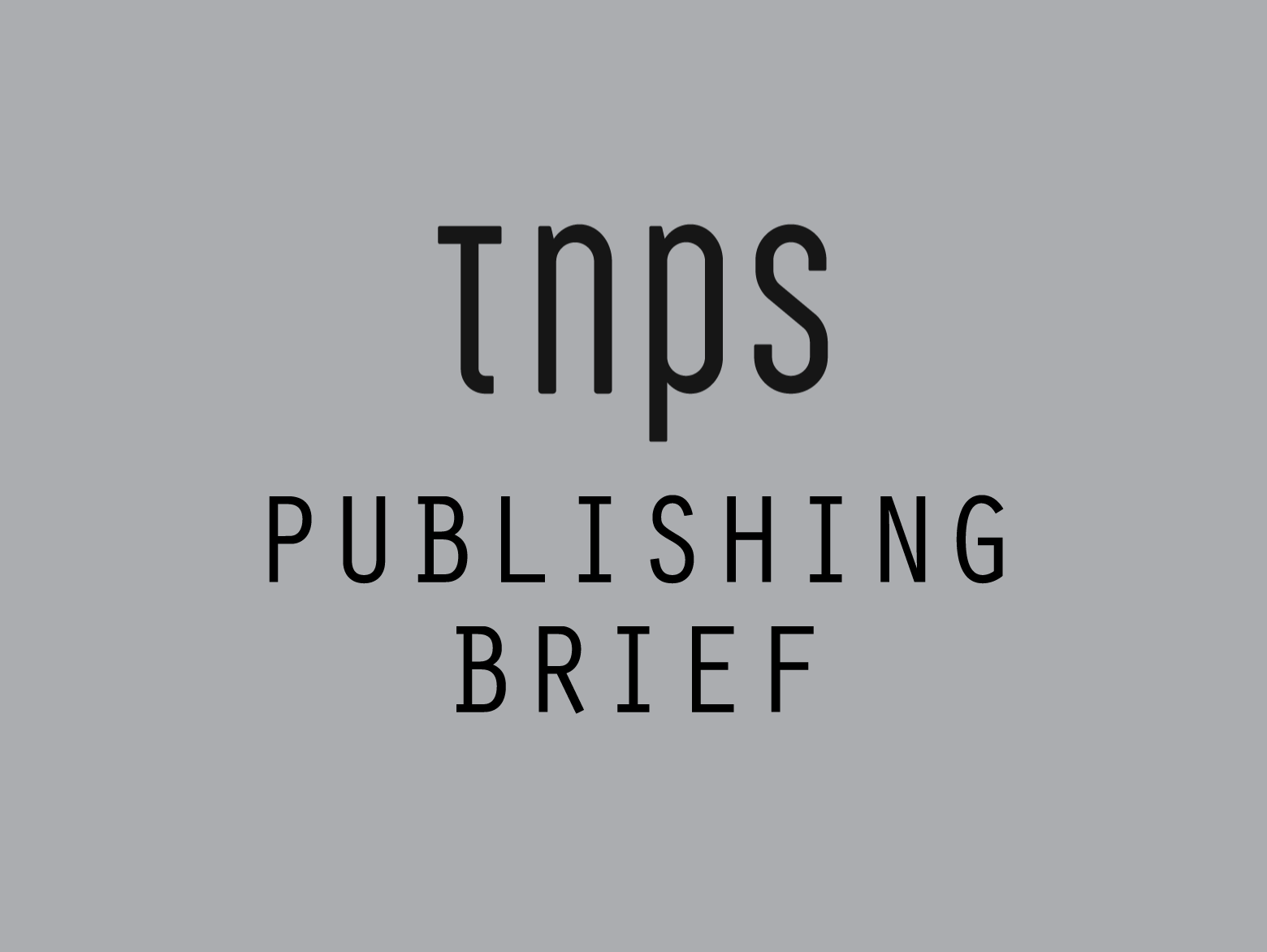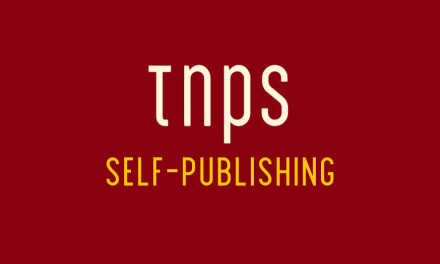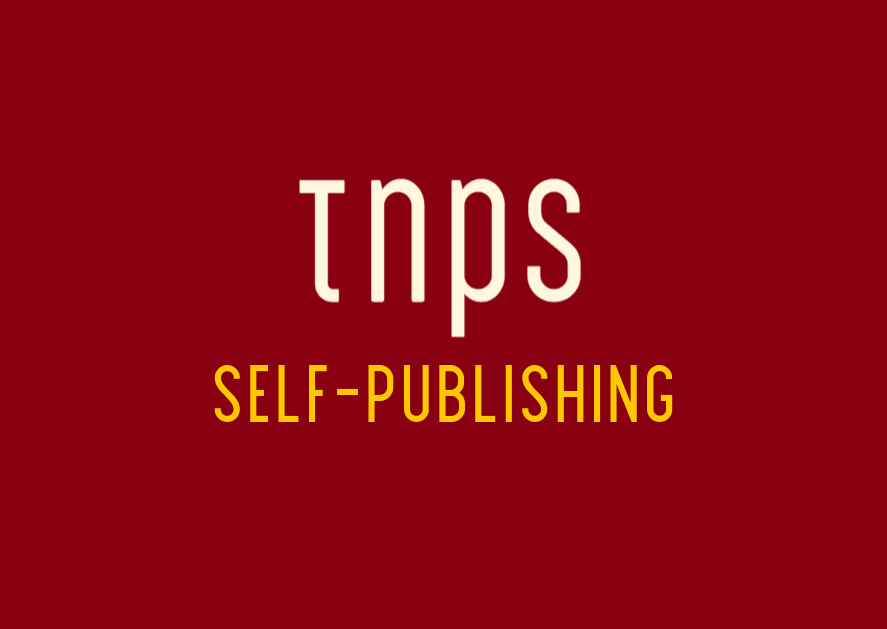A whole new market opportunity of casual readers who valued entertainment over perfection.
Back in publishing’s pre-history era that was the 2010s, I was one of many upstart self-published authors that defied conventional industry wisdom, crashed the until then exclusive publishing gatekeepers’ party, and inadvertently helped create two industry scare-stories that many took seriously, but thankfully proved to be wrong.
One was an extension of the muddled-thinking that online sales of print books would put all bricks & mortar stores out of business. That itself derived from the collapse of Borders, and the then struggling Barnes & Noble (US) and Waterstone’s (UK) stores (back then Waterstones had an apostrophe). The extension of that nonsense being ebooks would be the final nail in the coffin of high-street stores, and in next to no time time would kill off print itself.
The other at-the-time-taken-seriously-by-some lazy thinking was that big-name authors would be so infatuated with the 70% royalty available to self-publishers that they would all jump ship, desert their publishers, and self-publish.
It didn’t happen. At least, not at any meaningful scale.
Rather, a lot of authors with reverted back-list rights found they could self-publish these and breathe new life into old manuscripts gathering dust. American author Joe Konrath was among the many that for a while made a mint from ebooks, but somewhere along the way Konrath, and many others, signed up again with “legacy publishers” as it became clear authors were leaving money on the table by shunning the millions upon millions of readers who didn’t want or could not access digital books.
Back in 2011-14, when I was one of those upstart self-publishers topping the Amazon charts, including Amazon’s Kindle China store, it was easy to get carried away with the widely and wildly propagated notion that authors “did not need” publishers. Especially not those that sent us rejection slips!
All of which had an element of truth – my books sold over a million ebook editions without a publisher or agent, and despite being rejected by both, while the one title that did have a publisher and the only one available in print, “only” sold 40,000, and I saw nothing of that because the French publisher went bankrupt. C’est la vie.
But what happened back then, publisher bankruptcies aside, could not so easily happen today. Back in 2010 when my first book was slipped quietly into the Kindle UK store, I did no promotion, had no social media presence, and no idea if I might even sell a single ebook. I was a journalist, teacher, writing tutor, editor, tv scriptwriter and playwright, but not a novelist. So while I had confidence I could string words together to make coherent sentences, the rejection slips from agents and publishers suggested they knew better than I what the public wanted to read.
Kindle and rival e-reader devices were hellishly expensive, and reading on phones was being dismissed as “a Japanese fad.” TikTok has yet to be invented (the iPad had only just been launched at this time). And the future technology that was to be print-on-demand was in the form of Espresso book-printing machine that lazy-thinking futurists amusingly imagined would one day be found in every bookstore and library (never mind the practicalities like where a ton of paper and ink would be stored to meet the fantastical demand envisaged).
Audio of course was a distant planet for self-publishers, although ACX actually launched in 2011. But back then audio was just a sideshow even for the biggest publishers.
In 2011 the Kindle UK store was less than a year old. Across the pond, the Kindle US store, launched in 2007, was gradually building momentum, but big-pub ebooks were expensive, most (not all!) self-published content was abysmally low-quality, and customers were few and far between.
The self-pubbed ebooks that were selling were mostly backlist reverted-rights books traditional publishers had long since given up on, so Konrath’s pioneering experiment should be remembered with affection, for proving traditional publishing was sitting on a backlist goldmine.
But it was Amanda Hocking who showed traditional publishers they were missing out on a huge opportunity to digitally publish new names and commercially risky titles that the costs of a print run simply could not justify.
And in what should be a message to those opposing AI, many first-time authors were sending titles soaring up the ebook charts, never having been previously published, and often despite lacking the finesse of a traditionally-edited and formatted book.
Authors like Hocking, who by their own admission didn’t have an editor and just wrote what they would have wanted to read, were clocking seven-figure sales. Admittedly at 99c a shot, so collecting just 35c per sale, but she wasn’t complaining. A million sales meant she was pocketing $350,000 without an agent or publisher in sight. Unheard of back then!
What Hocking and Konrath et al were showing publishers was a whole new market opportunity of casual readers who valued entertainment over perfection. And that’s something we should keep in mind as the AI debate develops. Because what most scares the Luddite fringe is that idea that readers might find low-priced AI-content entirely acceptable. It’s almost a mirror of the “tsunami of crap” debate about self-publishing more than a decade ago.
Amanda Hocking of course was quickly snapped up by a traditional publisher, and since then publishing history is littered with tales of successful self-published authors who were quickly enticed into the traditional publishing fold, often to even bigger success – just ask Andy Weir, author of the self-published novel The Martian.
Back then Konrath and Hocking had their blogs, but these were hardly “platforms” in the way we talk about such things now. Facebook and twitter were the social media du jour, along with a fast-fading MySpace, while TikTok was the sound a clock made. An analogue clock, of course.
Which brings us to that New York Times story which is celebrating author Emily Henry’s apparently remarkable achievement of writing five consecutive bestsellers with no platform, no author tour, and no TikTok.
As per the NYT, “Emily Henry has never been on a book tour or done a traditional bookstore reading. She’s not on TikTok. Her Instagram features book covers and an occasional giveaway; there are no closet tours, rescue cats or elegantly plated snacks.”
No closet tours? No rescue cats? No tickety-tick-tick-tock? What a loser! Another author living in the past. No wonder she can’t get an agent or a publisher and has sold nothing.
Somebody please tell her she’s doing it all wrong!
No, hold on. Henry’s US sales alone top seven million. Three film deals. A Netflix series.
No doubt at some point someone will put Henry’s books on TikTok and a new level of viral will kick in.
But meanwhile this is a story of publishing’s unspoken reality.
The industry loves to scream and shout about the handful of authors getting all the TikTok love and free advertising that leads to mega-sales, and every agent and publisher will tell authors they must have a “platform” and be on every social media website known to mankind, and be available 24/7 for tours and store-readings and interviews, but most authors get by just fine with none of that nonsense.
No question having a “platform” and fanbase can help, but EmHen, as she is apparently known, shows that it’s an industry urban myth that an author cannot make it without one.
Just like we early-adopter self-publishers showed it was possible to reach millions of readers without an agent or publisher, and with no print or audio edition in sight.





